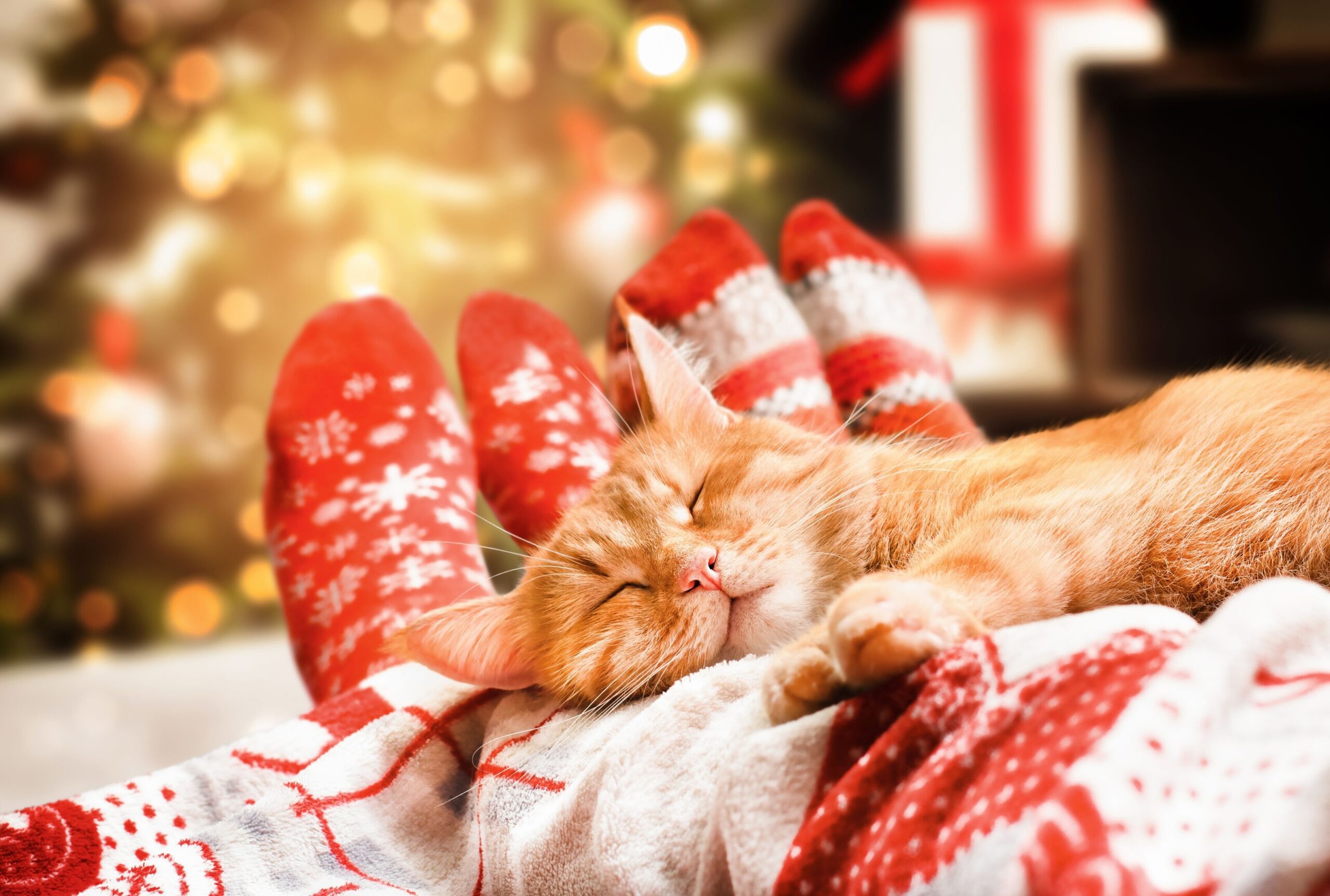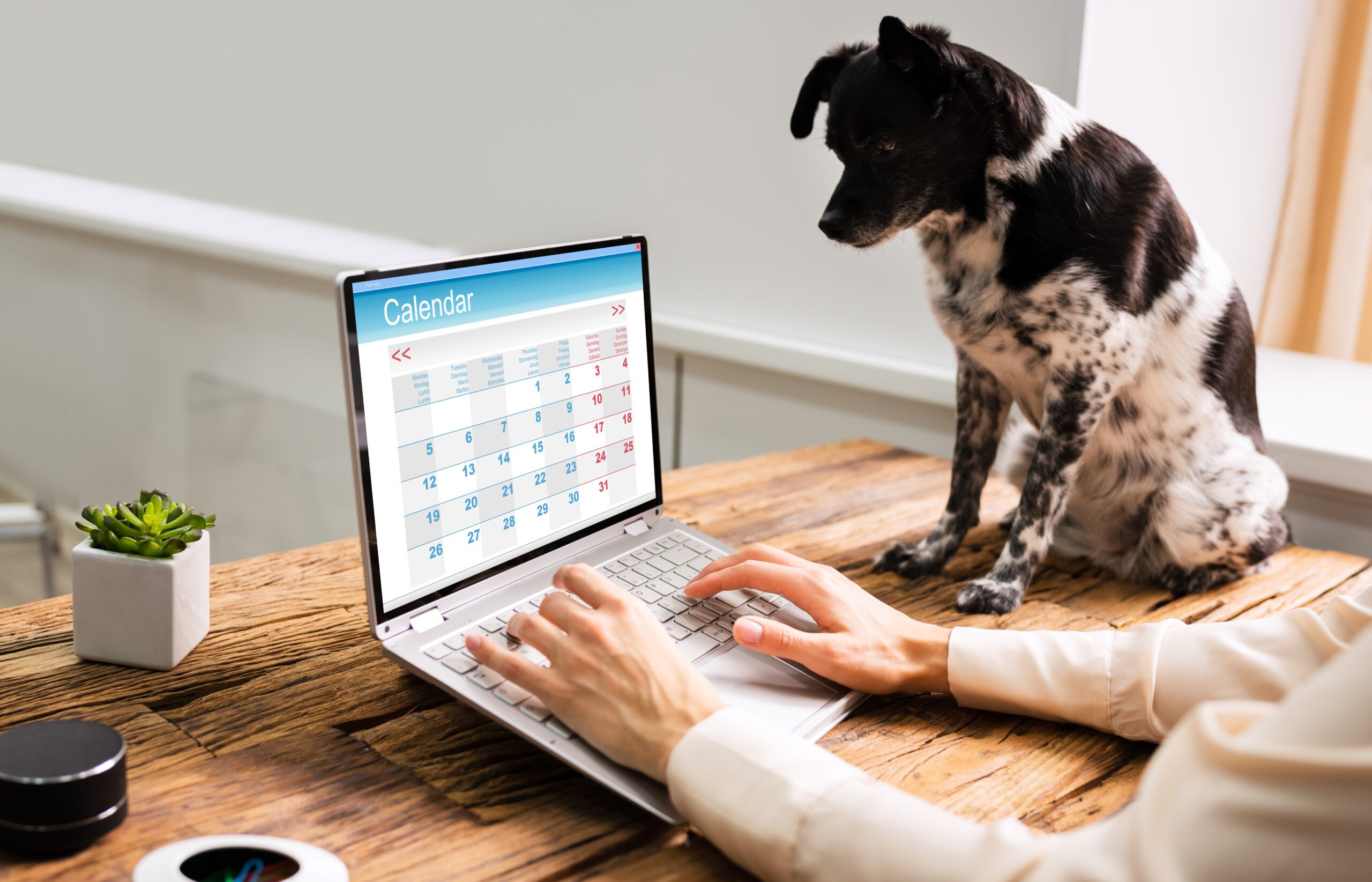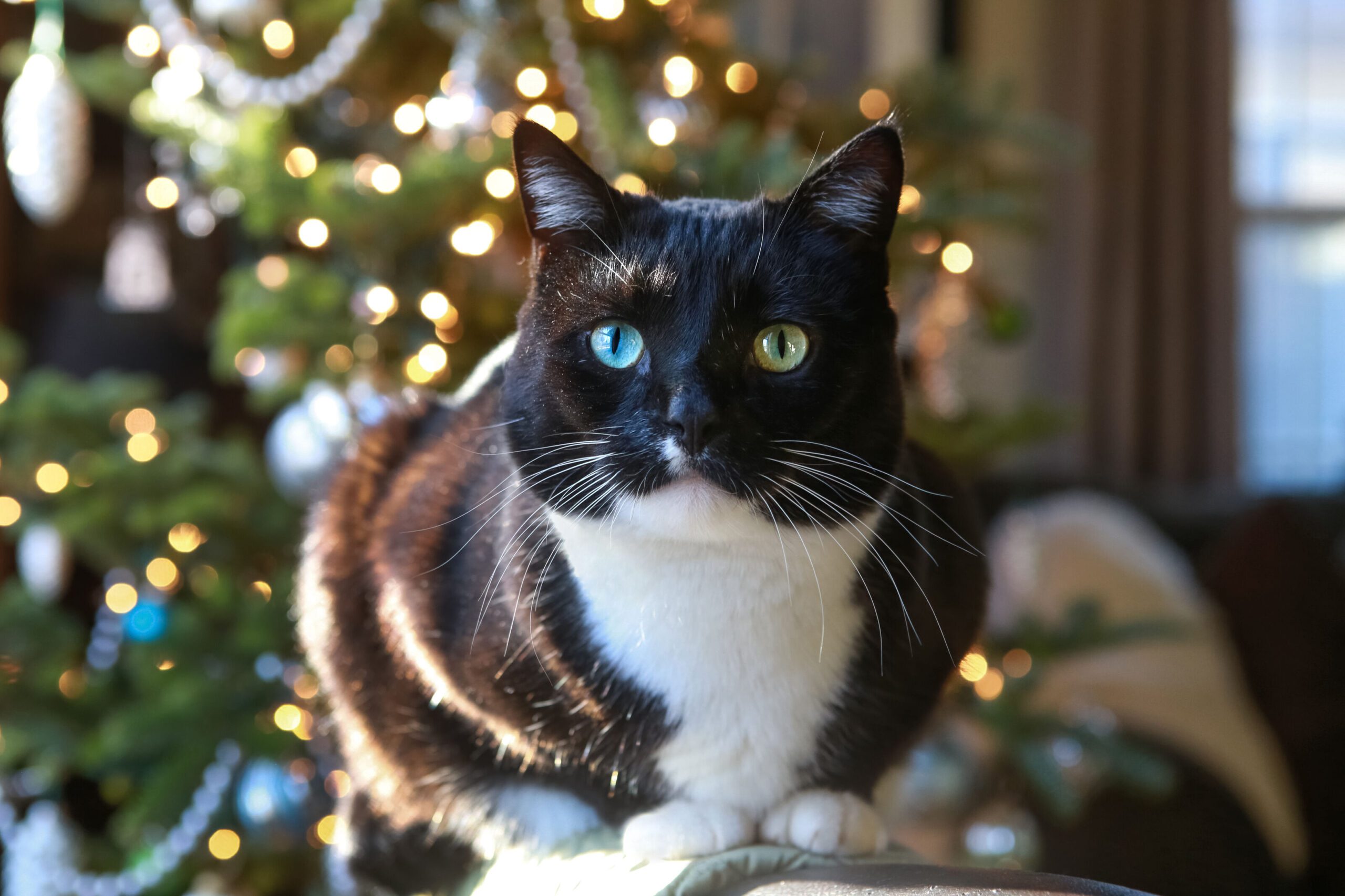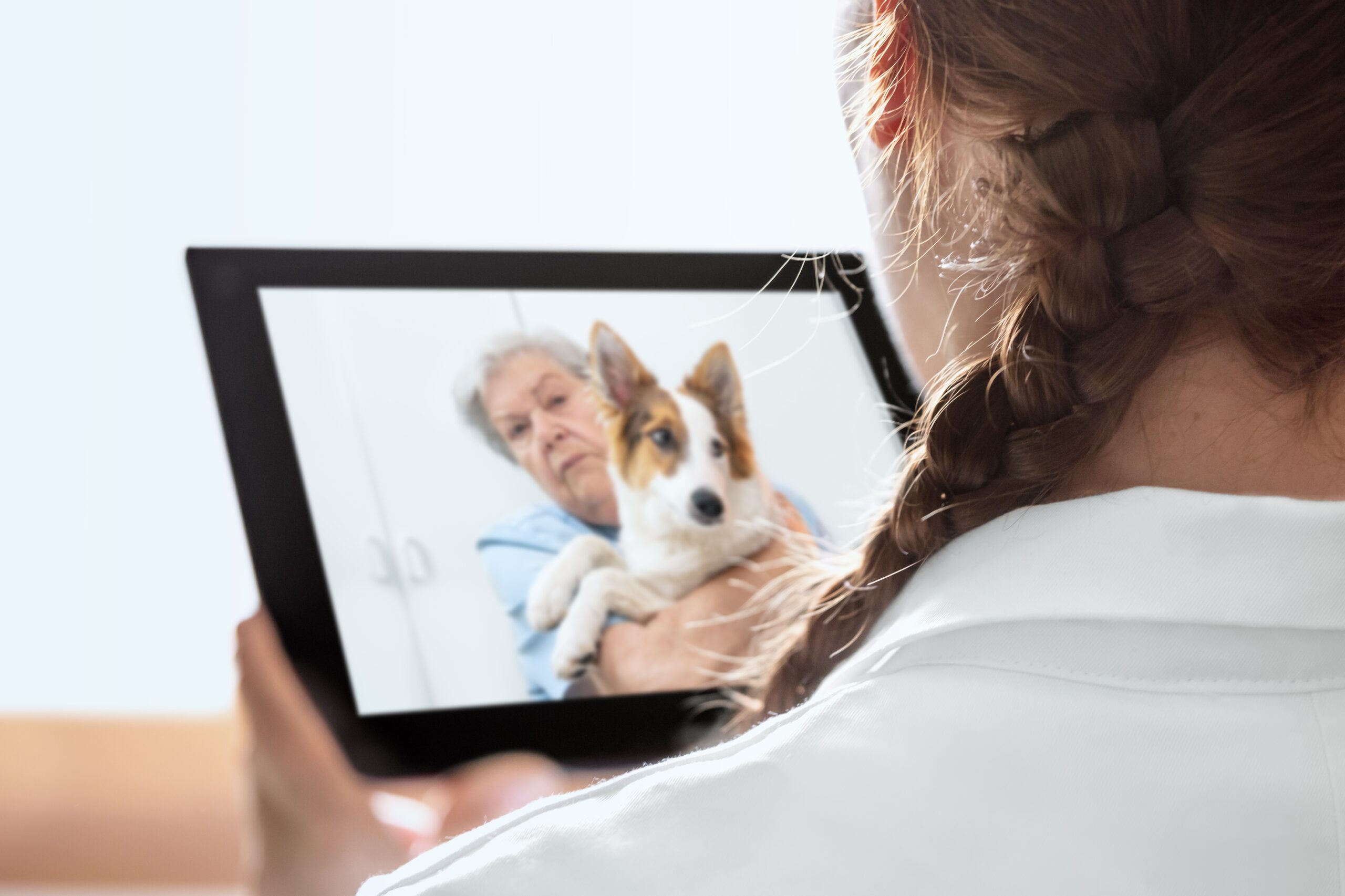12 dangers of Christmas for your cat
Keep your dog safe this Christmas. Discover the potential Christmas dangers and risks that come with the holiday season.
Christmas, a time for joy and festive fun and indulging. Christmas brings a lot of different things to us, as reflected in the 12 days of Christmas song. It is importantly, a time to be mindful of Christmas dangers to our cats. A lot of the festive and seasonal fun we take for granted, can all bring additional dangers for your cat.
Taking time to consider the risks in your home can avoid problems arising. This can save you money and potential heart ache during what should be a fun and enjoyable time.
Wrapping/Packaging
Curious cats will investigate presents that smell enticing and rip into wrapping. Packages are covered in bright shiny paper with bows and ribbons, and these can present a risk if ingested. Be careful when unwrapping and clean up straight away any discarded strings, ribbons, bows or wrapping. Your cat may like to play with brightly coloured ribbons. However, if eaten, ribbons and packaging can cause intestinal blockages or damage.
Chocolate
Many of us can’t imagine Christmas without chocolate. It's so common over the festive season that it is worth mentioning again: chocolate is toxic to your dog. Therefore, look around your home and consider all the places you might have chocolate. These could be plentiful. For example chocolate is found in advent calendars, selection boxes, chocolate tins, tree decorations, and gifts. The list of chocolates at Christmas can be endless.
Grapes, Raisins, Sultanas, and Currants
It wouldn’t be Christmas for many of us without a mince pie, piece of Christmas cake or a Christmas pudding. Of course, these are all full of dried fruits like raisins which are Christmas dangers for your cat. Eating these ingredients can cause kidney damage and failure. Be especially vigilant over the Christmas period. Especially as these dried fruits and grapes can lurk in breads, chocolates, biscuits, stuffings and sauces. Some cakes also contain nuts and some of these are also dangerous to your cat. Make sure leftovers are secured.
Onion
Chives, leeks, garlic and onions are all a festive danger to your cat. They are found in more foods and recipes than we realise. Even eating a small amount can risk serious blood problems occurring. Check ingredients lists and recipes of anything that the cat may eat.
Bones
A lot of us will be tucking into a festive roast and turkey is often on the menu. The bones and carcass are a risk as they smell tempting to your cat. Bones can be sharp and cause vomiting and serious internal damage. For instance they can obstruct or damage the digestive tract. Keep all carcasses wrapped tightly in a pet proof bin to prevent accidents. Ensure you never leave leftovers within sight or reach of your cat.
Christmas trees
We all love a full and festive tree and house decorated for the season. However, take some time to check for potential hazards. The tree is something new to explore and it’s important to protect it from climbers and cats that jump up. Firstly make sure it has a sturdy solid base to limit the risk of tipping. Secondly, pine needles need to be cleared up as they can hurt sensitive paws and if eaten can cause stomach upsets. Never leave your cat alone with the Christmas tree
Christmas decorations
We have a vast array of decorations in our homes at Christmas. These are particularly good at causing Christmas dangers for cats. The shiny bright baubles can shatter and potentially cause injury should your cat knock them off the tree. Lights and cables can be a risk of entanglement if cats can explore under the tree. Tinsel and ribbon are irresistible to some cats who love to play with them. However, they can be dangerous if eaten, causing life threatening intestinal blockages and damage.
Festive plant hazards
Some of our most beloved festive plants are dangerous to your cat. Poinsettia, Holly, Lilies, and Mistletoe are all toxic if eaten. They cause a range of symptoms from gastric upsets to more serious issues like seizures and collapse. To be on the safe side keep all these plants well out of the reach of your cat. Make sure any dropped berries or leaves are cleared away promptly. Cats are often poisoned by lilies as they groom shed pollen from their coats so it’s safest to avoid lilies completely.
Grit/Rock salt
Every winter, grit and salt are widely used to de-ice our roads and pavements, but the high amounts of salt can be irritant to paws. If it’s licked off it can be toxic to your cat as they are unable to tolerate high sodium levels. It can cause stomach issues, kidney damage and vomiting. Wash your cat’s feet and tummy regularly to remove any grit or salt and check their feet daily for signs of redness and sores.
Candles, Fires and Lanterns
We all enjoy lighting a fire or a candle on a cold festive day. However, it’s important to keep our cats away from naked flames. We all know burns and injury can occur if they are knocked or dislodged. Additionally, cats can be very sensitive to scents and fumes so keep rooms well ventilated. Some essential oils are toxic to cats, so check candles carefully before using. Fireworks can be loud and distressing to your cat so be aware of their needs and give them somewhere quiet and safe to retreat to
Batteries
With all the new toys and gadgets that are gifted at Christmas it’s likely that many will need batteries. If batteries are chewed or swallowed, they can cause life-threatening burns, poisoning and obstructions. All batteries, no matter what size, must be kept secure and out of reach of your cat.
Toys
Toys left lying around often prove highly entertaining for your cat. Any pieces chewed and swallowed can cause obstruction, especially if they have elastic, strings or tassels.
Christmas is an enjoyable festive time for family and friends and with a few precautions and safety tips it is possible for your cat to enjoy it as much as you do. Check for dangers and be sure of the risks your home presents to your cat at this time of year and how you can prevent them. If your cat has chewed or ingested anything, please contact a veterinary surgeon immediately.





